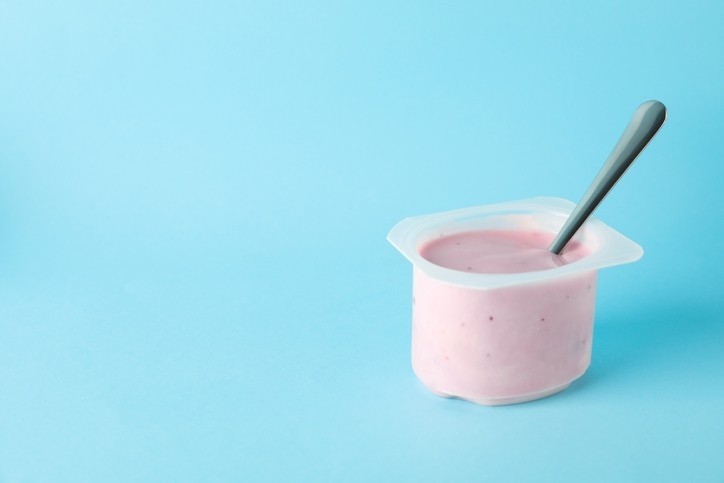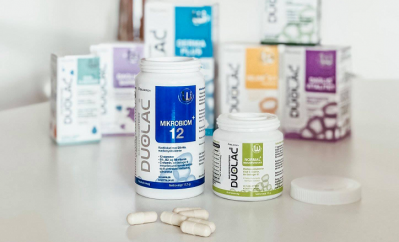Probiotic yoghurt and liver disease: Researchers embark on RCT to assess impact

Researchers in Iran are enrolling 68 patients with NAFLD, who will be randomly assigned to receive either 300g of probiotic yogurt daily or 300g of plain yoghurt.
The probiotic version will contain 106cfu/g of Lactobacillus acidophilus and Bifidobacterium lactis strains.
The researchers hypothesise that the manipulation of the microbiome may lead to positive effects because current weight loss regimes have limited long-term success.
“Changes in the composition of gut microbiota, called dysbiosis, are strongly associated with the development and progression of NAFLD.
“Probiotics play an important role in modulating intestinal bacterial for a and modifying intestinal permeability,” said the researchers.
The big idea
NAFLD is the most common type of chronic liver disease globally, which can result in simple steatosis, non-alcoholic steatohepatitis (NASH) and fibrosis.
In Asia, it has been reported that 15% to 40% of the population are affected. Additionally, about 30% of the Middle East and Iran population suffer from this condition.
NAFLD can eventually progress to cirrhosis or liver carcinoma, besides having associations with insulin resistance, lipo-toxicity, inflammation and obesity.
These researchers suggest that probiotics can impact the progress of the disease through the process of fermentation and production of short-chain fatty acids via the intestinal-liver axis.
This affects inflammatory, antioxidant and gene expression pathways, through which they might prevent the progression of liver damage.
Past research has shown that consumption of probiotic yoghurt improves lipid profile, glycaemic variables, liver enzyme levels and steatosis in NAFLD patients.
Study measurements
The researchers will undertake a series of tests throughout the trial to measure glucose, insulin and liver markers, including levels of steatosis and hepatic fibrosis.
The researchers added: “Probiotics have been suggested as a new strategy in the management of NAFLD. Their effects might be mediated through intestinal microbiota modification and production of short-chain fatty acids.
“Consumption of probiotic-enriched foods, rather than their supplements, might be a cost-effective method for long-term use in these patients. In the case of finding the beneficial effects of probiotic yogurt consumption in the current clinical trial, its inclusion in the dietary plan of NAFLD patients can be recommended.”
Source: BMC Gastroenterology
DOI: 10.1186/s12876-022-02176-2
“The effect of daily consumption of probiotic yogurt on liver enzymes, steatosis and fibrosis in patients with nonalcoholic fatty liver disease (NAFLD): study protocol for a randomized clinical trial”
Authors: Sara Ebrahimi-Mousavi, et al




















